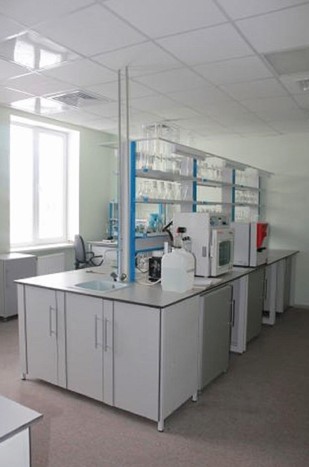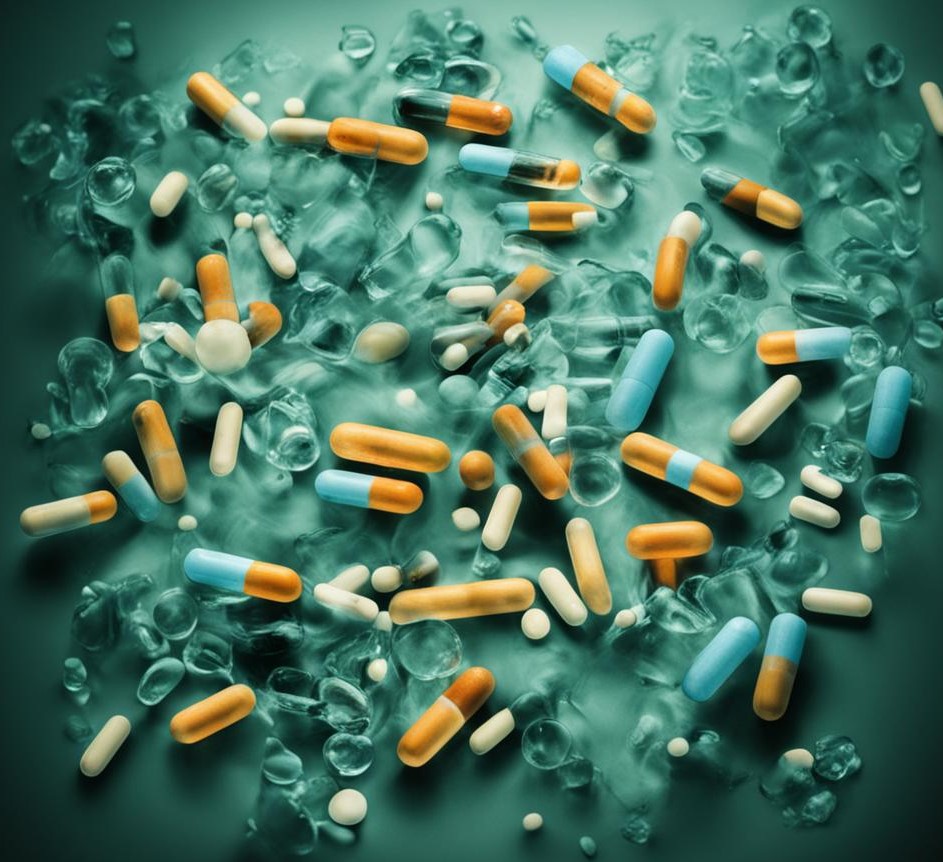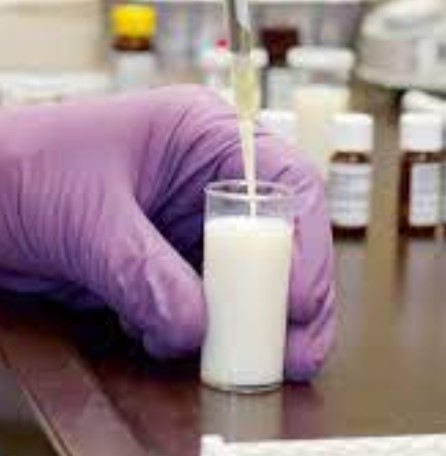What humidity should be in the apartment?

The comfortable temperature in the house is much more often in the field of view of the owners than the level of humidity, but in vain. Colds, exacerbation of allergies, headaches - these and other symptoms may indicate precisely a lack or excess of moisture in the apartment.
Humidity standards What determines the humidity in an apartment How to measure What is high humidity dangerous How to lower What is low humidity dangerous How to increase Humidity standards in an apartmentThe norms of humidity in a residential area according to GOST are 30–45% in winter and 30–60% in summer. A significant excess is considered to be more than 60% in winter and more than 65% in summer.
The optimal level of humidity in the apartment is from 40% to 60%. The figure may vary depending on the season, weather and room format:
kitchen / bathroom - 40-60%; living room - 40-60%; bedroom - 40-50%; children - 45-60%; office - 30-40%.Photo: Shutterstock What determines the humidity in the apartment
Many factors affect the level of humidity in the room:
season. In winter, humidity is lower because cold air holds less water vapor than warm air; living conditions. Humidifiers help to increase the humidity in the apartment. Heating appliances, on the contrary, dry the air; geographic location. In tropical latitudes, the level of humidity is higher than in the northern ones, and the presence of a reservoir near the house helps to normalize the amount of water vapor in the air. How to measure humidity in an apartmentYou can determine the level of humidity both independently and with the help of special devices.
Folk ways: pour water into a glass and put it in the refrigerator for three hours. Then the glass is placed away from the heating appliances. If after five to ten minutes there is no condensation on the walls, the room is too dry, if there is, the humidity level is within normal limits. High humidity is evidenced by trickles of water into which condensate has turned; wash bedding and measure how long it takes to dry. If it is about an hour and a half, then the humidity level in the apartment is low; put the fir cone away from heat sources and after a couple of hours pay attention to the scales. With an excess of moisture in the room, they will shrink, but if the air is too dry, they will open; take a closer look at synthetic clothing - if the air is too dry, it is highly electrified;Photo: Shutterstock Special devices
Folk methods give only general ideas about the level of humidity - a hygrometer will help you find out the exact numbers. These devices are of several types:
digital, measures both humidity and room temperature; hair, it is based on synthetic fibers, and it does not need electricity to work; thermohygrometer - using a special signal, the device notifies you of deviations in the humidity level from the norm; humidifier with a built-in mechanism for measuring the level of moisture in the air; Assmann psychrometer. Two thermometers are combined in it with the help of a metal case, which show the level of humidity in the room. Differs in the increased accuracy of measurements.Any device must be placed away from heating and heating appliances and from drafts. So the readings will be more accurate.
Why is high humidity dangerous?Excessively humid air in the apartment is undesirable, as well as too dry, and can lead to unpleasant consequences:
Respiratory tract disease increases in frequency, is difficult to treat and can become chronic; asthma and chronic bronchial diseases are exacerbated; the risk of exacerbation of allergic reactions increases; possible poisoning with toxic fumes that are released at high humidity from building materials; if sports activities are held in a room with high humidity, it can threaten with heat stroke. How to remove humidity in the apartmentThere are several ways to reduce the humidity in the apartment:
ventilate the room regularly. It is advisable to do this at least three times a day, be sure to go to bed and in the morning after getting up; buy an air dryer check the operation of hoods in places with potentially high humidity - in the kitchen and in the bathroom; turn on the air conditioner or heater more often, they dry the air; dry clothes only on the balcony.Photo: Shutterstock Why is low humidity dangerous?
Low humidity in the apartment contributes to the deterioration of health and the development of various diseases:
in such conditions, the mucous membranes in the body dry up much faster, causing a sore throat, cough. This complicates the course of colds, asthma, SARS, diseases of the bronchi and lungs; there is a feeling of dryness in the nasopharynx, local immunity decreases, which makes it much easier to get infected with infectious viral diseases. Dry eye syndrome may also develop, which can lead to the development of other eye diseases; skin diseases become aggravated, peeling may appear, fragility and dryness of hair may develop; allergies are more likely to worsen, since respiratory allergens are much more active in dry air; efficiency decreases, weakness and headaches appear, sleep worsens; due to dry air, bacteria and viruses are more mobile [1], which significantly increases the risk of infection. Their concentration is minimal if the air humidity is from 40% to 60% [2]. How to increase the humidity in the apartmentYou can increase the humidity in the apartment in different ways:
keep the bathroom door open. This will help to normalize the level of humidity both in the shower room and in the entire apartment due to the spread of steam throughout the room; put at home indoor moisture-loving plants that need to be sprayed and watered often; buy an aquarium, put a table fountain or any container with water in a room where moisture is required; spray water twice a day in rooms from a spray bottle; do wet cleaning more often; spread hydrogel balls around the house; buy a humidifier.Read also
How to humidify the air in the apartment: 10 life hacks
Where Germs Live: The 10 Dirtiest Places in Your Home
Read together with it:
- Его дом - как зоологический музей, а коллекция чучел - под №2 в Беларуси. Побывали у таксидермиста, путешественника и романтикаГеннадий Пузанкевич Новости темы Более 20 стран, два восхождения, веломарафон на 10 тыс. км и три автопробега, самый длинный - в 27 тыс. км. Герой нашего проекта - 66-летний - не только отчаянный путешественник, который и у каннибалов живет неделями, и на горы поднимается в сланцах, но и один из лучших в стране таксидермистов. При встрече понимаешь: перед тобой человек с тонким чувством юмора, фил...
- Вакцинация сельскохозяйственных животных в Амурской области: ключ к здоровью и безопасностиСогласно информации управления ветеринарии региона, в рамках данной кампании будут вакцинированы не только крупный и мелкий рогатый скот, но и домашняя птица, свиньи и лошади. Основные задачи кампании включают снижение заболеваемости среди сельскохозяйственных животных и предотвращение распространения инфекционных заболеваний, таких как ящур, бешенство и сибирская язва. Вакцинация играет важную ро...
- Livestock numbers are declining in large parts of the world.Livestock numbers have declined, but not everywhere. Reduction of reserves as a global trend. Landscapes that change rapidly. New risks, real opportunities. Climate , biodiversity, fires, water. Fine-tuning, not one-size-fits-all solutions. Livestock numbers are declining across large parts of the planet. For decades, a clear viewpoint prevailed in terrestrial ecology: too many animals, too much p...
- Kerimov's daughter filed a lawsuit against Switzerland over sanctions.According to Global Arbitration Review, the lawsuit stemmed from the freezing of Kerimova's real estate investments , presumably in France. The law firm representing Gulnara, Suleiman Kerimov, noted the unique nature of this case.Gulnara Kerimov, the daughter of sanctioned Russian billionaire Suleiman Kerimov, has filed a lawsuit against Switzerland over sanctions. This was announced by Asari Lega...
- Искусство «кумысного» сомелье, генетика животных и секреты степного партнерства✔О чем эта статья Глубокий разговор в тишине ночной Астаны о том, почему генетика - это не только наука, но и вопрос выживания нации. Дастанбек Баймуканов объясняет, как древние степные традиции партнерства и справедливости конвертируются в современную прибыль, и почему один племенной верблюд по своей ценности равен элитному внедорожнику. ✔Об эксперте Дастанбек Асылбекович Баймуканов - известный к...



























































